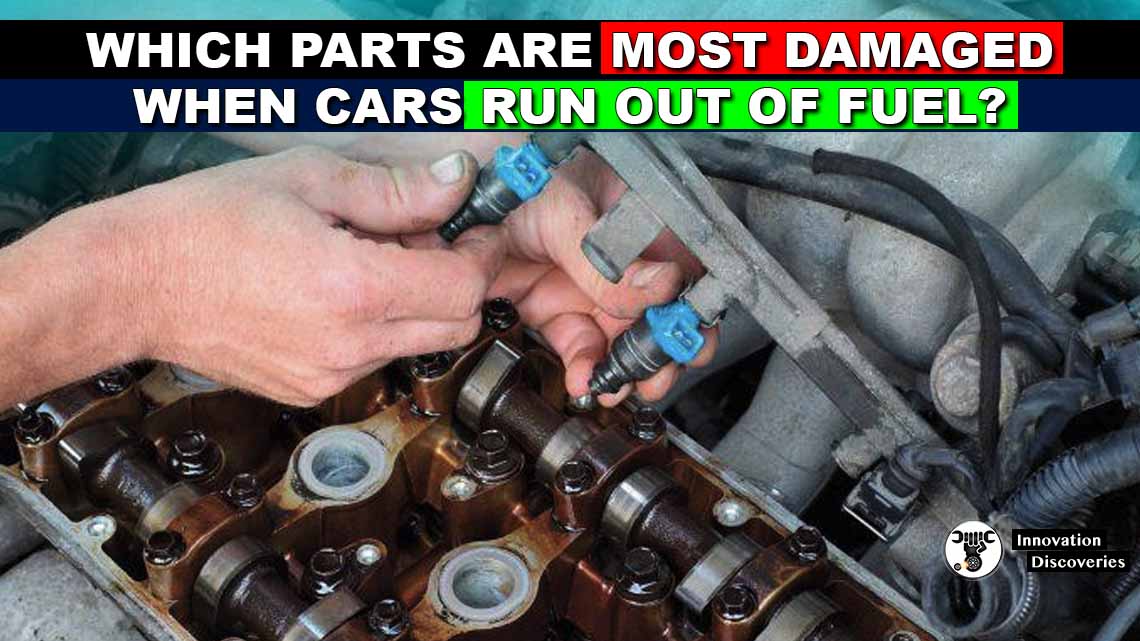
Introduction:
Running out of fuel can be an unfortunate and frustrating experience for any driver. However, beyond the inconvenience it causes, running out of fuel can also lead to damage to various components of your car.
In this article, we will explore the parts that are most commonly affected when cars run out of fuel and provide some tips on how to avoid these issues altogether.
List Of Damaged Car Parts When Running Out Of Fuel
Numerous drivers tend to overlook or exhibit laziness when it comes to refueling their cars before they run out of fuel.
This may appear trivial at first, but it has been established that this habit significantly shortens the lifespan of the engine and causes extensive damage to various components of the vehicle.
Hence, which car parts are most susceptible to such detrimental effects?
Also, read – Throttle Body Fuel Injection
1. Fuel Tank

The fuel tank is the primary reservoir for storing fuel in a car. When a vehicle runs out of fuel, the pump that draws fuel from the tank can suck in air instead.
This can lead to the formation of air pockets within the fuel system. When the car is refueled, these air pockets can cause the fuel pump to work harder, potentially leading to its premature failure.
Additionally, if the fuel level is consistently allowed to drop too low, it can cause sediment and debris from the bottom of the tank to be drawn into the fuel system, clogging fuel filters and injectors.
Also, read – Fuel Injector Cleaning: Is It Truly Necessary For An Automobile?
2. Fuel Injection System
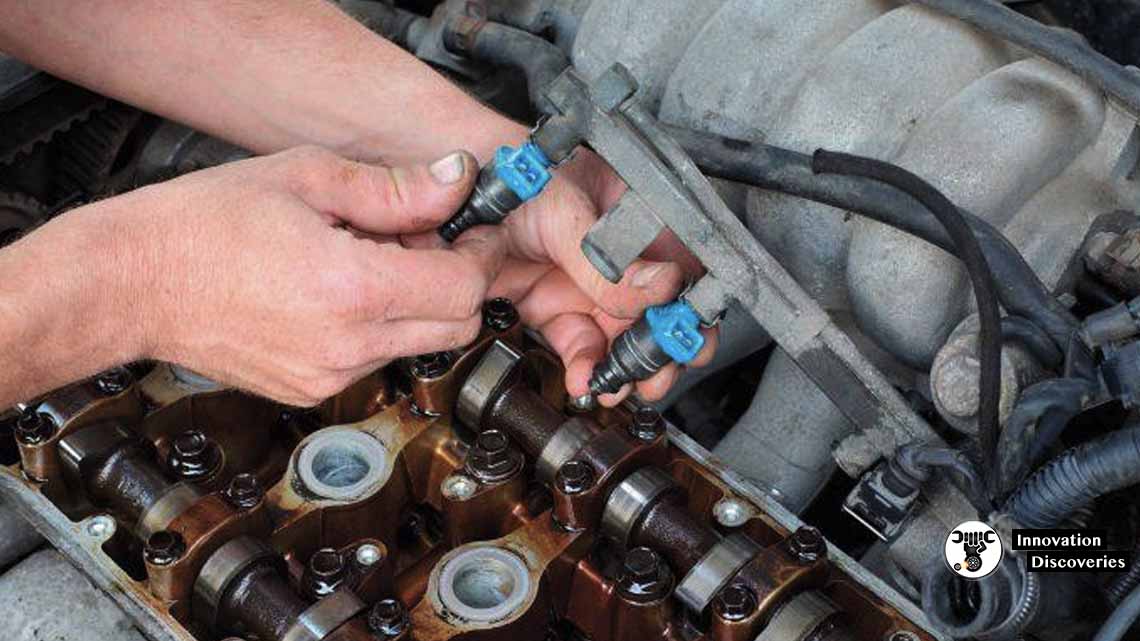
Modern cars typically utilize fuel injection systems for delivering fuel to the engine. When a car runs out of fuel, the fuel injection system can be affected in multiple ways.
As mentioned earlier, the presence of air pockets can disrupt the fuel flow and create issues in fuel delivery to the engine.
In addition, running on low or empty fuel can cause the fuel pump to overheat, leading to potential damage.
Furthermore, the fuel injectors themselves can suffer damage when air replaces the fuel in the system, potentially leading to misfires or uneven engine performance.
Also, read – Common Problems of the Fuel Delivery System
3. Electric Motor
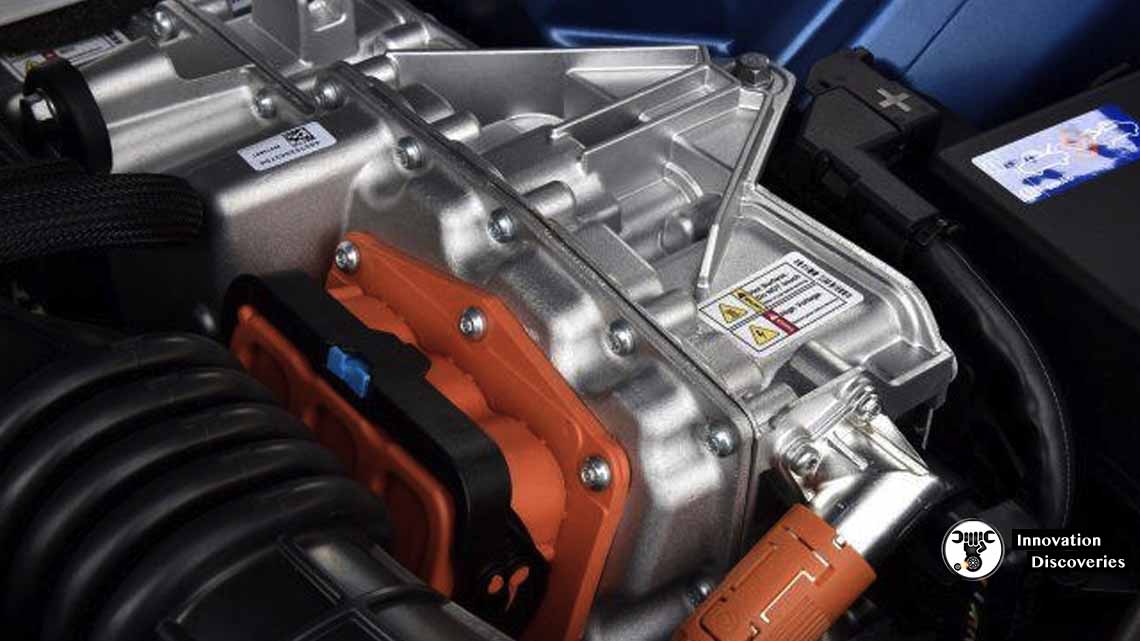
In the case of hybrid or electric vehicles, running out of fuel or depleting the battery charge can cause strain on the electric motor. When the battery charge is low, the electric motor might struggle to provide the necessary power to propel the vehicle.
This can lead to overheating and potential damage to the motor or its associated components.
Also, read – How To Check Fuel Pressure For Fuel Pump Testing
4. Catalytic Converter
Running out of fuel and attempting to restart the car multiple times can result in unburned fuel reaching the catalytic converter. The catalytic converter’s purpose is to reduce emissions by converting harmful gases into less harmful ones.
However, unburned fuel can cause the catalytic converter to overheat and become damaged. This can result in reduced engine performance and increased emissions.
Conclusion
While running out of fuel can be an avoidable mistake, it is important to recognize the potential damage it can cause to various car components.
The fuel tank, fuel injection system, electric motor (in hybrid/electric vehicles), and the catalytic converter are some of the parts that can suffer when a car runs out of fuel. To avoid these issues, it is essential to maintain an adequate fuel level and promptly refuel when needed.
Additionally, regular maintenance and inspections can help identify any potential issues before they become major problems.
Read More:
- Change Car Oil Yourself In 4 Steps
- 5 Things You Should Never Do In A Dual Clutch Transmission Vehicle
- Common Problems of the Fuel Delivery System
- 6 Signs and Symptoms of Exhaust Problems in Your Car
- 3 Common Symptoms of Car Engine Seizing Up
Visit Forum
Visit Our Friendly Website


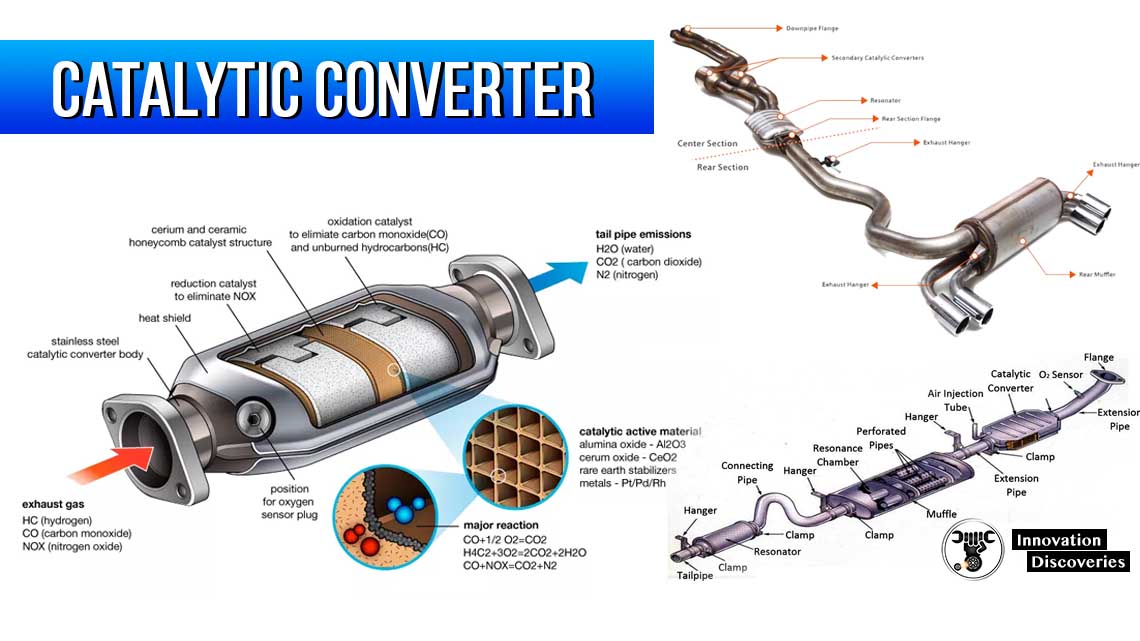
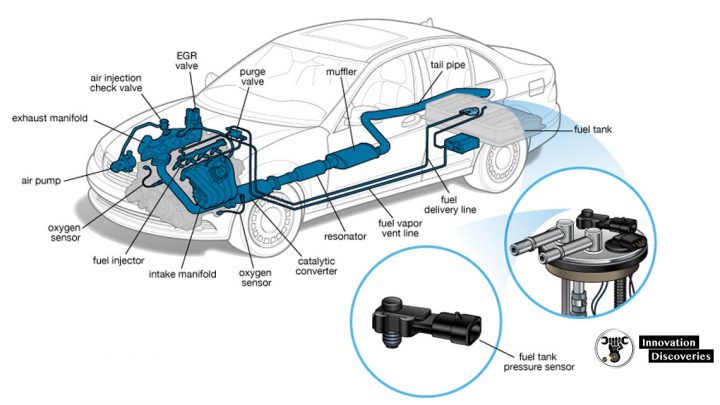
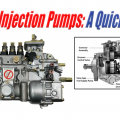
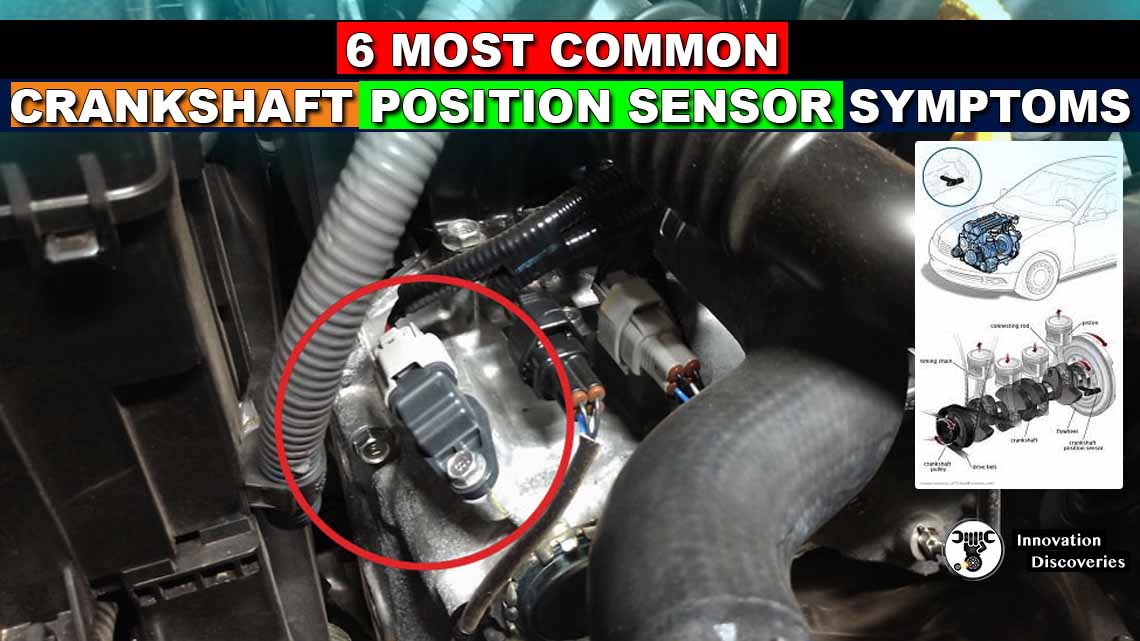
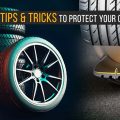
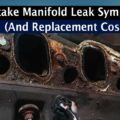
2 Comments